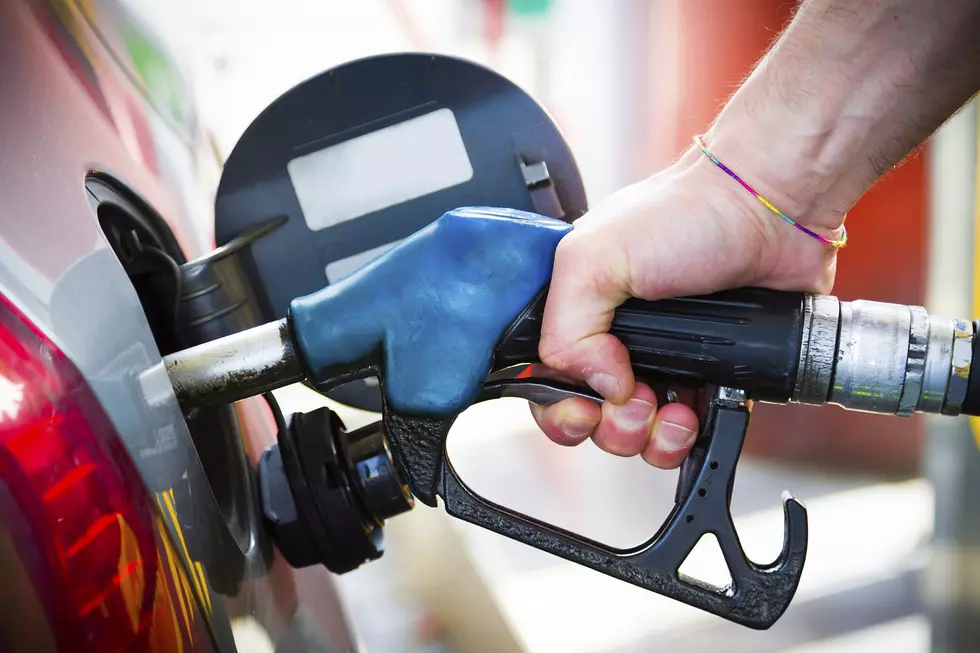Gas prices may start dropping again in New Jersey
The sharp rise in gas prices over the last three weeks may be coming to an end.
As of Monday morning, AAA put the average for a gallon of regular in New Jersey at $3.69, which was up less than a penny a gallon from Sunday.
The national average was unchanged at $3.88 a gallon.
While prices are still up more than seven cents per gallon from a month ago, we are starting to see decline in many areas of the U.S.
Industry analyst Patrick De Haan from GasBuddy.com notes there have already been big price drops on the West Coast and in the Great Lakes Region, and predicts, "We likely will return to a declining national average in the week ahead."
Since last Thursday, California has seen pump prices drop 23-cents a gallon. Nevada and Wisconsin have also seen double digit decreases.
AAA says the drop is partly due to ongoing economic concerns as well as a drop in crude oil prices.
"If economic growth stalls or declines, crude demand is likely to follow suit alongside prices," says a AAA spokesman, "Additionally, ongoing COVID lockdowns in China have also contributed to concerns that oil demand may stumble and push prices lower."
However, while prices for regular gasoline have stabilized and started dropping again, the same cannot be said for diesel fuel.
Diesel was up five cents per gallon since Sunday and 30-cents in the last week. De Haan predicts another 15-to-25 cent rise in the next week.
The rise in diesel is particularly troubling as inflationary pressures continue to drive up the cost of most essential goods. If the rise in truck fuel continues, it will only add to those increased costs as shippers pass the increase along to customers.
Eric Scott is the senior political director and anchor for New Jersey 101.5. You can reach him at eric.scott@townsquaremedia.com
Click here to contact an editor about feedback or a correction for this story.






